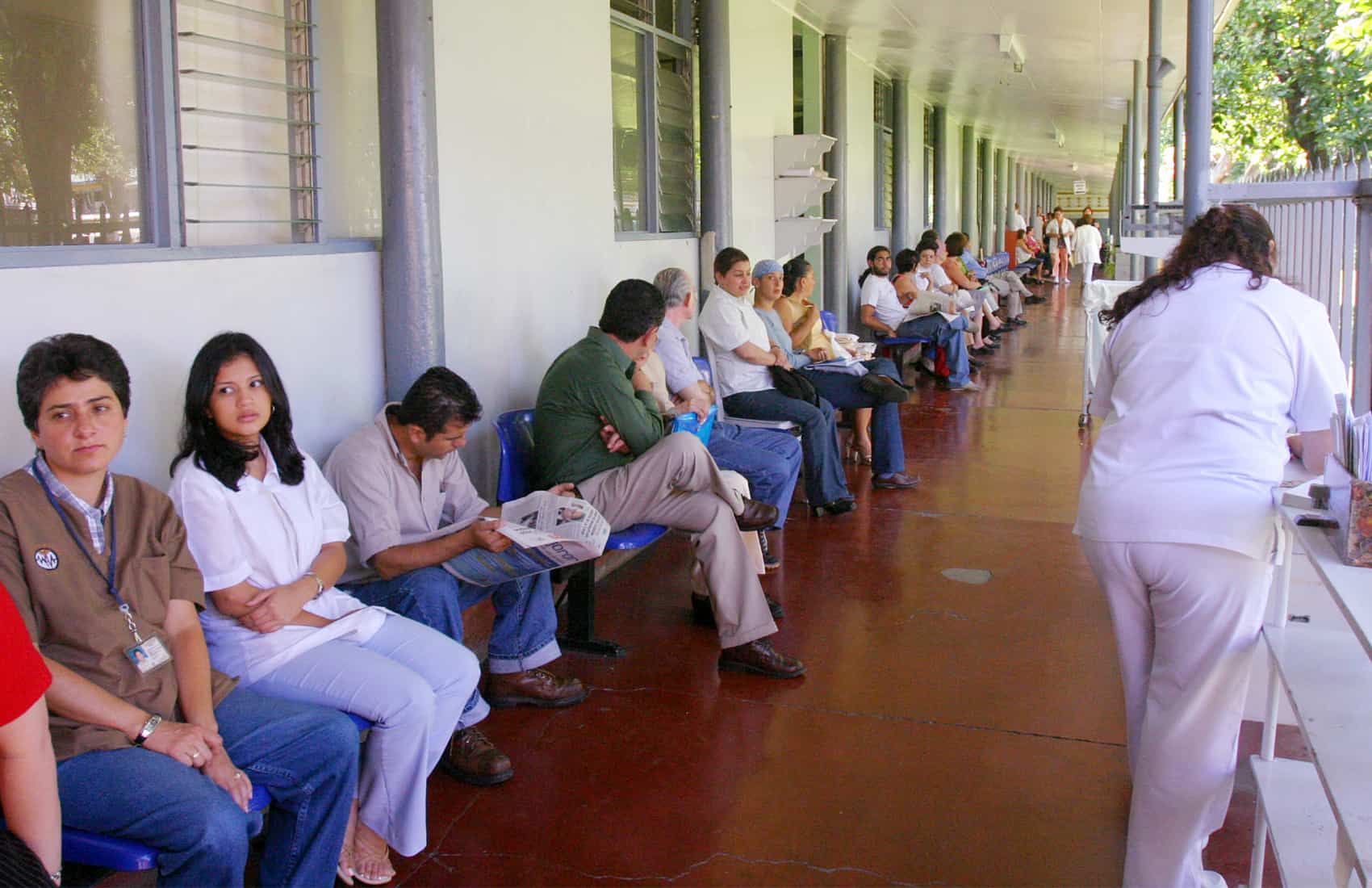Public hospitals in Costa Rica can refuse non-emergency care for self-employed workers who are behind in payments to the Social Security System, or Caja, the Constitutional Chamber of the Supreme Court, or Sala IV, ruled this week.
The ruling responded to a complaint by a man with the last name García against a medical director at Tibás’ public hospital, northwest of San José. The plaintiff accused the hospital of violating his right to health because he was behind on Caja payments.
According to the Sala IV’s press office, García had requested an appointment at the hospital for several non-emergency tests and dental procedures.
Hospital officials denied the request, but offered to provide the services if the man paid for them up front.
Caja Legal Director Mario Cajina said García owes the Caja more than ₡1 million ($1,850) in monthly payments.
“In this particular case, hospital staff determined that the patient had requested routine tests and a dental checkup, which do not constitute an emergency situation. Therefore, there is no obligation to provide those services for free, because the plaintiff currently is in debt to the Social Security System,” Sala IV justices stated.
Cajina noted that the Sala IV had issued a similar ruling 11 years ago. “We have been acting accordingly ever since,” he said.
Caja rules require patients at public hospitals to provide all necessary documents to prove affiliation with the agency, except in emergency situations, he said.
That rule also applies to self-employed workers, “who must be current on monthly payments to request health services at a public hospital,” Cajina said.
Workers who depend on a delinquent employer, however, are allowed to receive health care at public hospitals as long as social security receipts are still valid. Under Costa Rican law, a worker is covered by the Caja for up to six months after leaving a company.
Caja’s director of special health care coverage, Miguel Cordero, said workers covered by a delinquent employer will receive health care in both emergency and non-emergency situations.
“Article 36 of Caja’s legislation states that all health care costs in these cases will be billed to the employer,” Cordero said.






